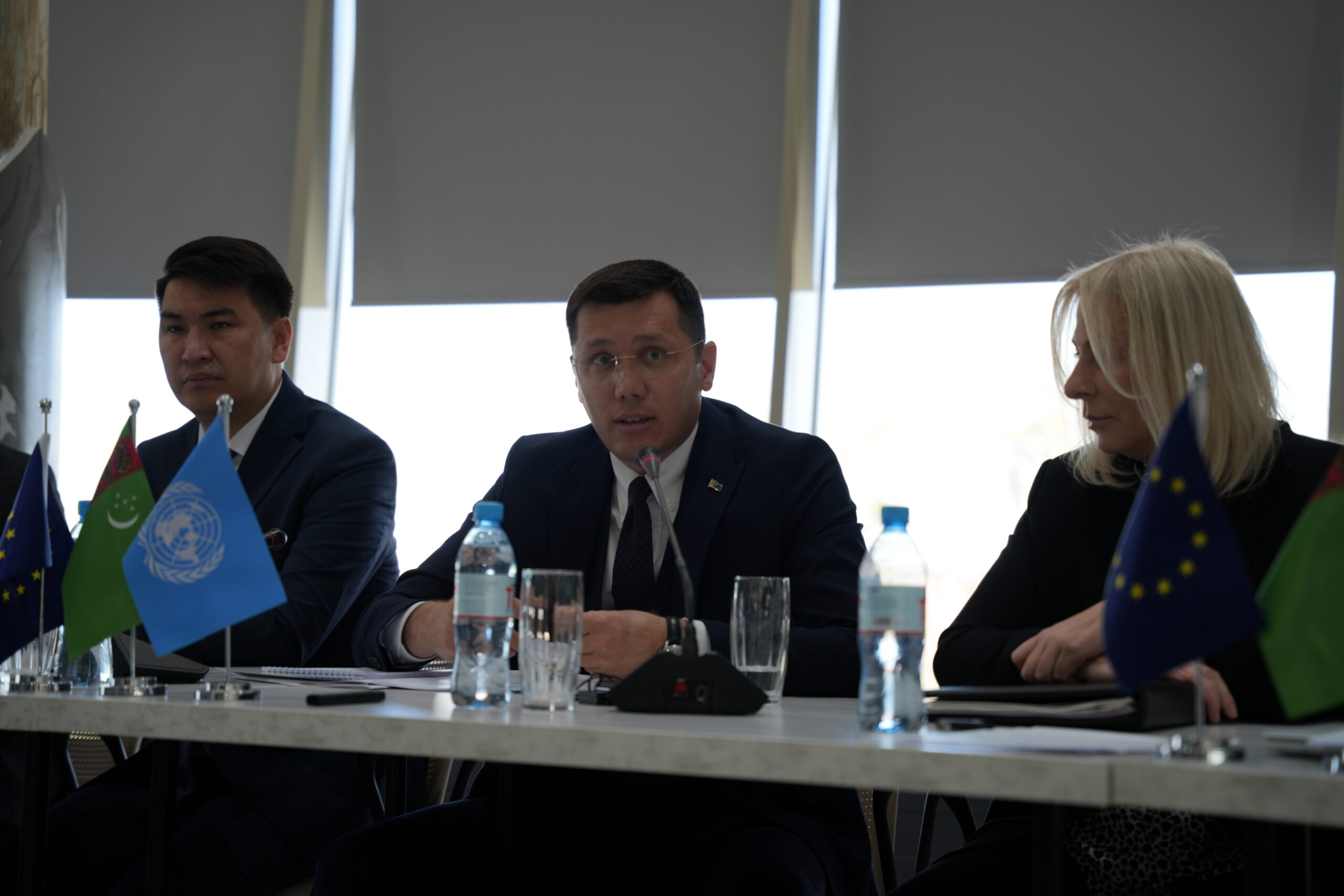Turkmenistan is on the threshold of a significant economic step – joining the World Trade Organization (ITC), which opens up many new opportunities for economic and social development for the country. This step can have a positive impact on many sectors of the economy and create a solid foundation for sustainable growth.
Maslahatly Çözgüt provided assistance in holding an event held on October 29-30, 2024, in the Arkach Business Center, namely in holding a seminar for representatives of the private trade sector of Turkmenistan. The seminar was organized by the International Trade Center (ITC). The topic of the seminar was Turkmenistan's accession to the World Trade Organization.
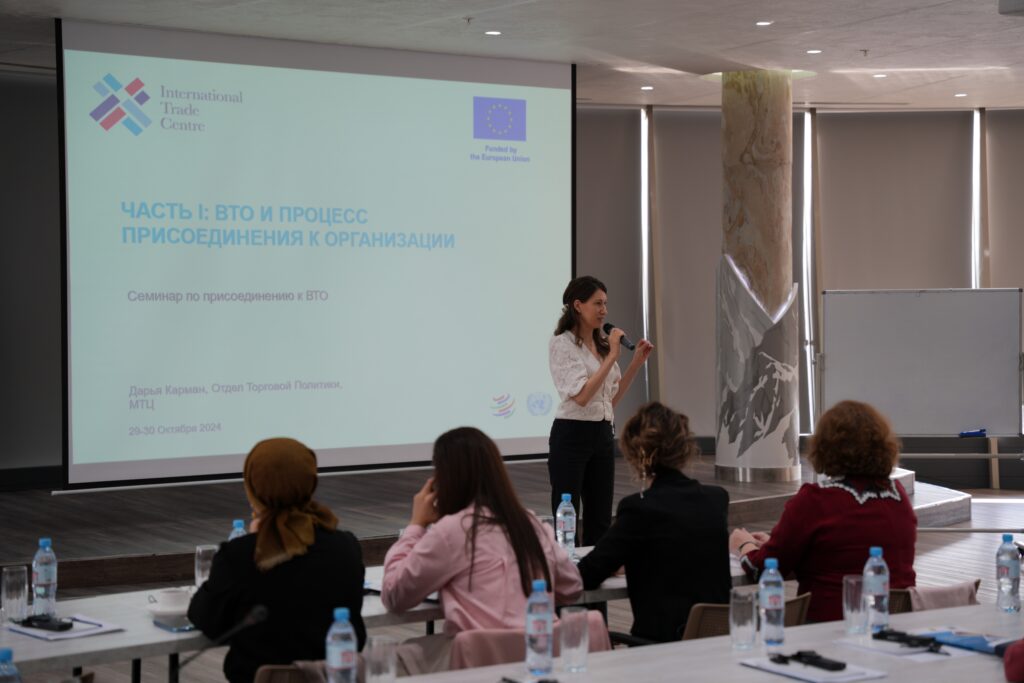

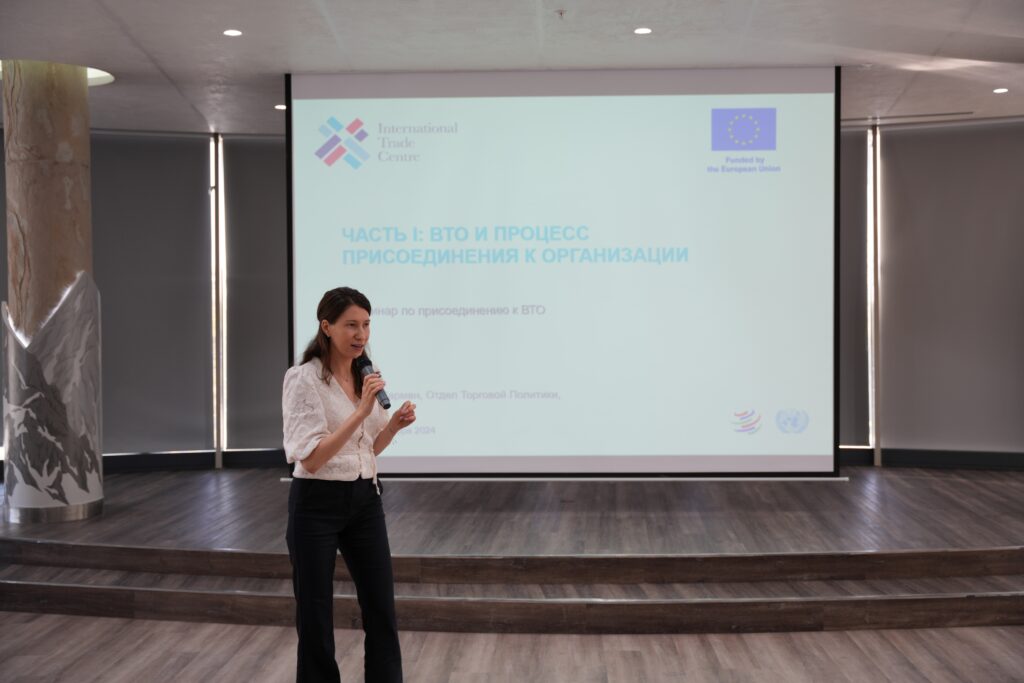

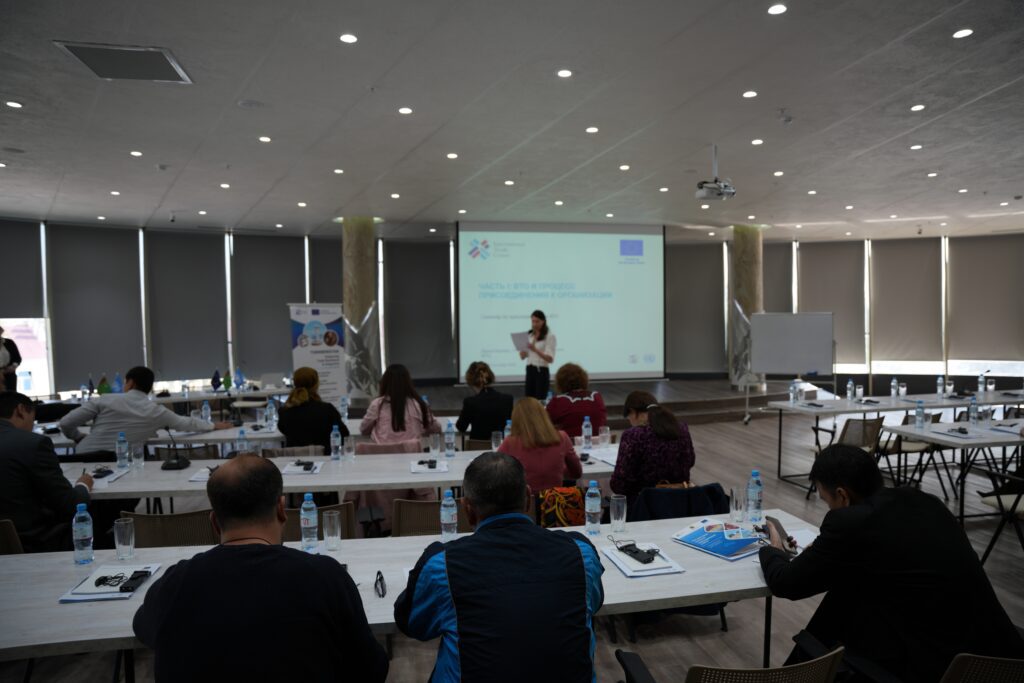

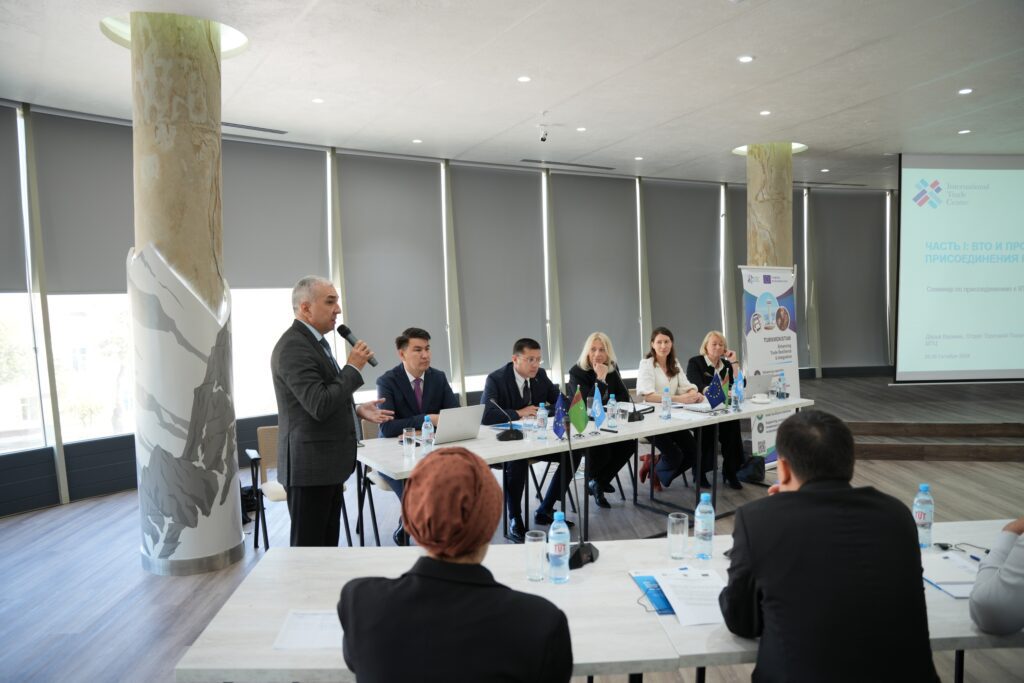

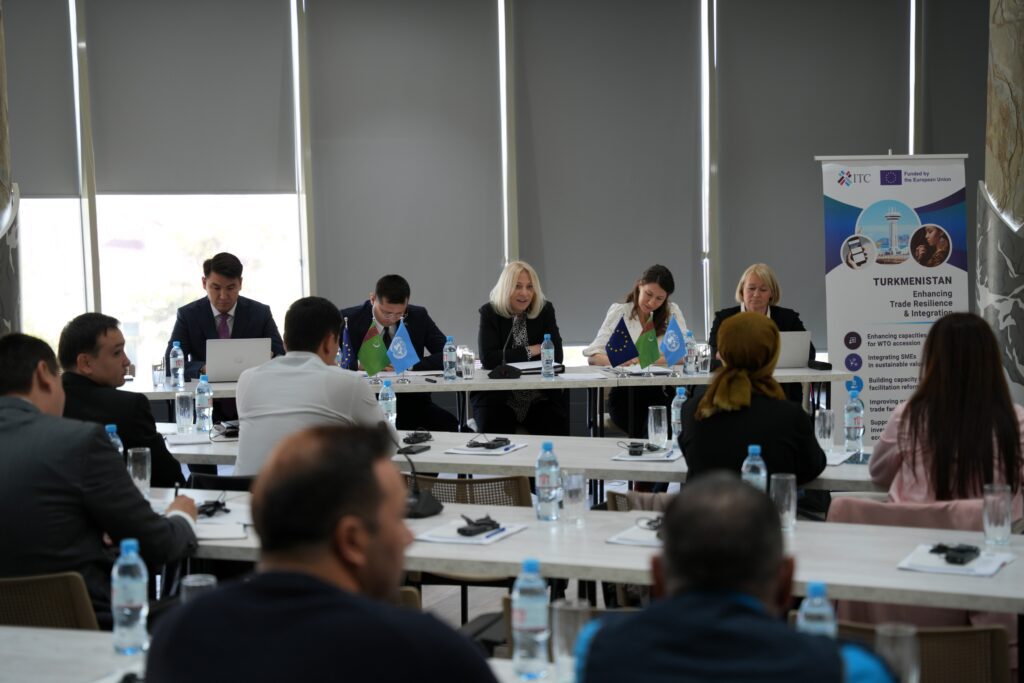

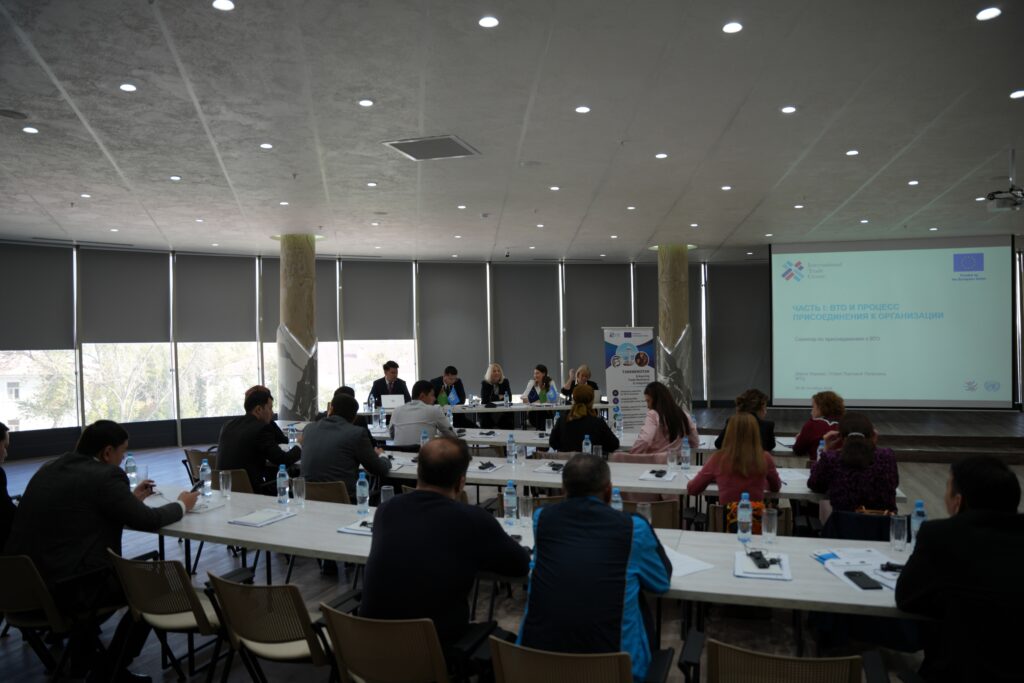

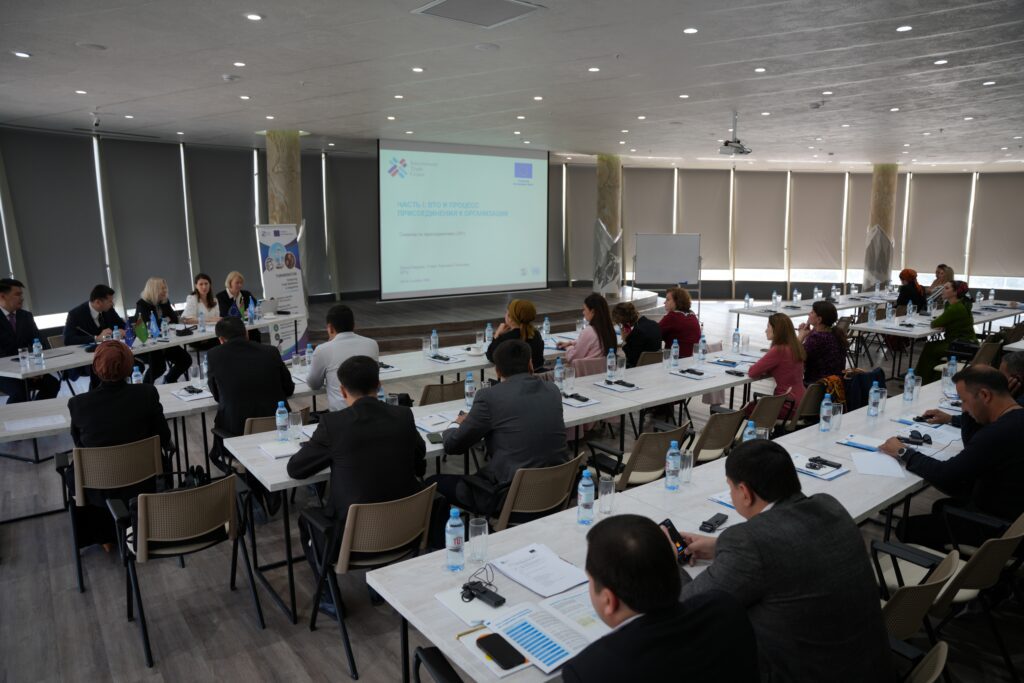

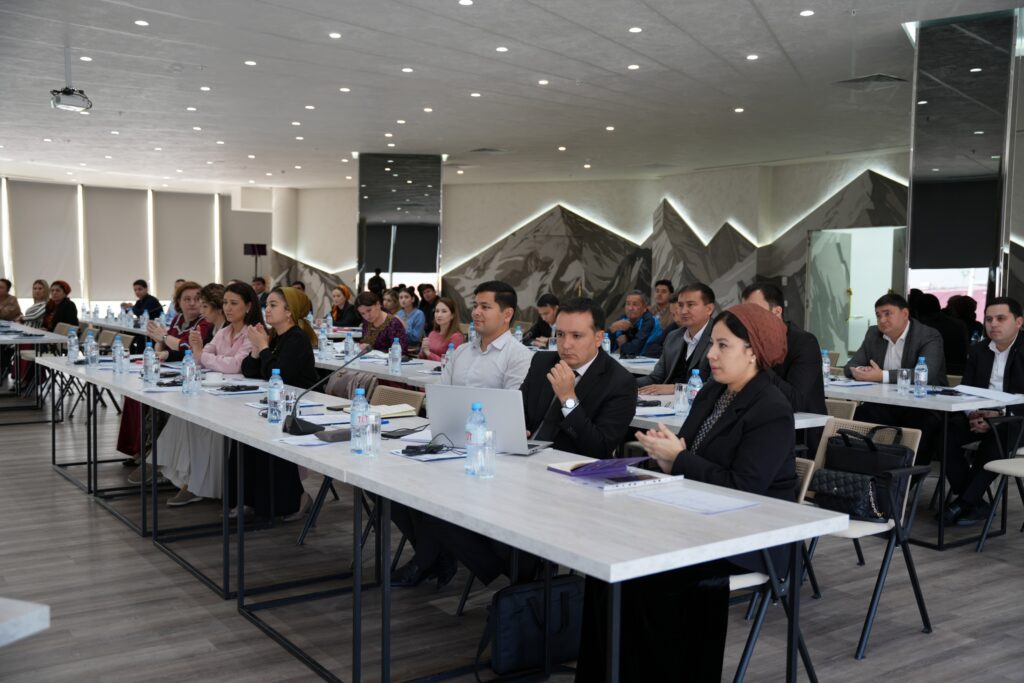

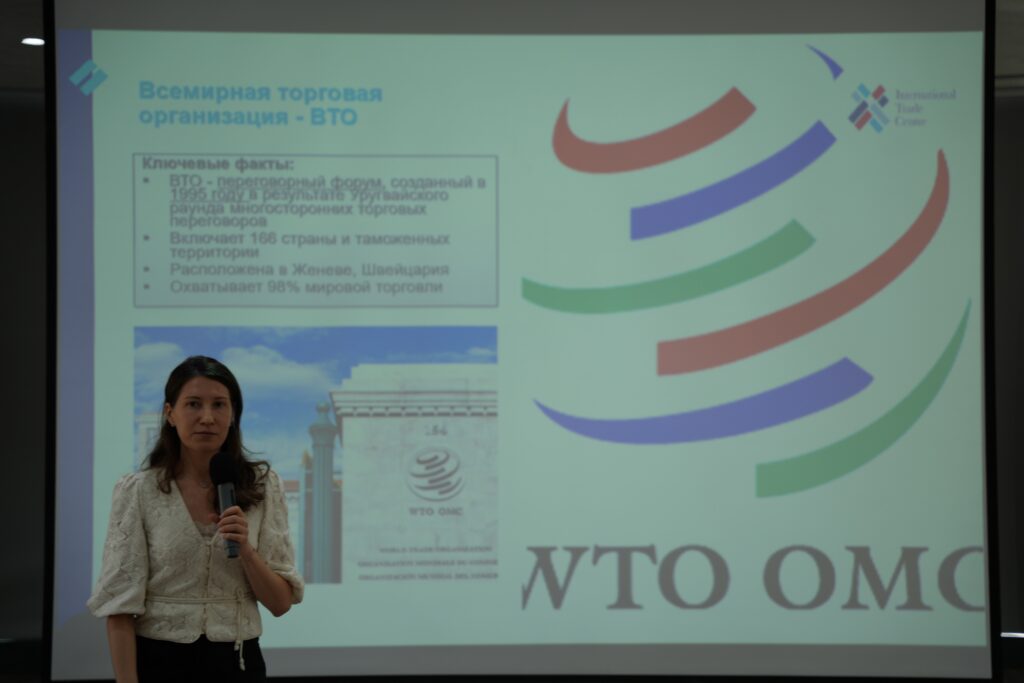

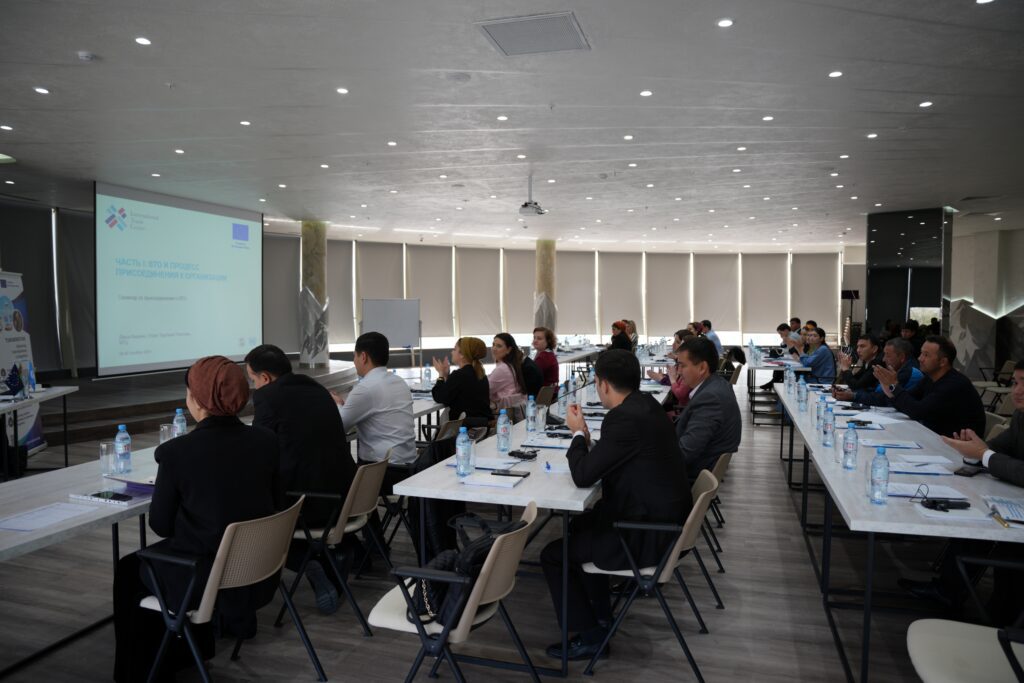

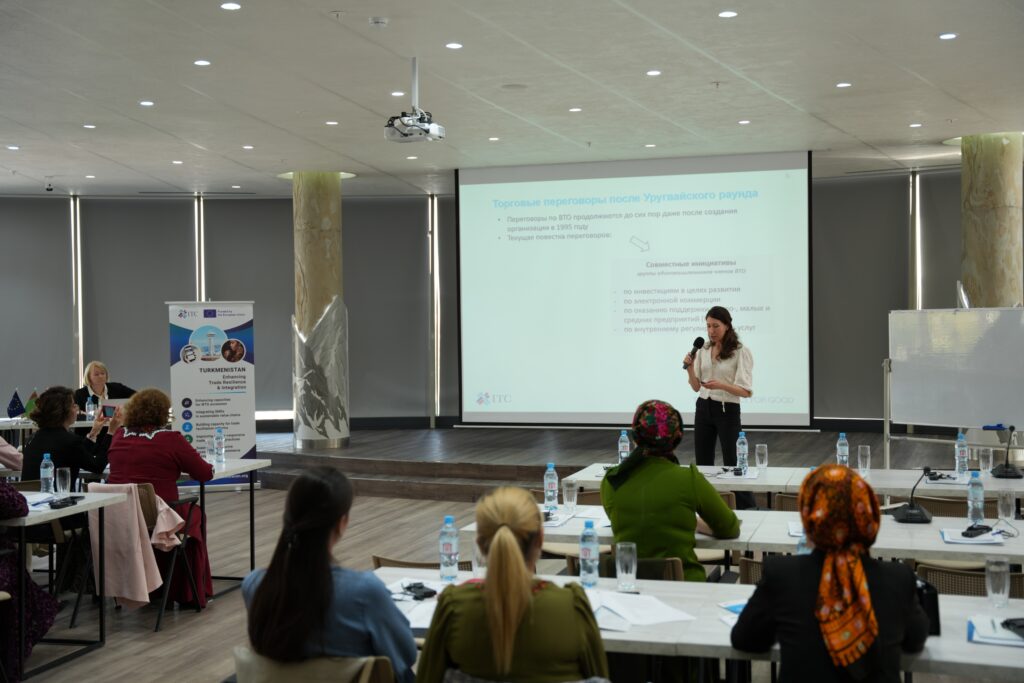

Below are the key benefits that Turkmenistan can gain from WTO integration.
1. Expanding export opportunities
Accession to the WTO will open access for Turkmenistan to more than 160 member countries of the organization, which will significantly simplify trade and create conditions for expanding export potential. Turkmen goods and services will be able to compete in international markets on equal terms, which is especially important for the export of oil, gas, textiles and agricultural products.
2. Attracting foreign investment
WTO membership increases the confidence of international investors and simplifies the process of doing business, which can attract significant foreign investment to the country. This, in turn, will lead to the creation of new jobs, development of infrastructure and growth of the population's well-being.
3. Increasing competitiveness
Adoption of international standards, as stipulated by WTO rules, will help Turkmen companies improve the quality of their products and services, thereby increasing their competitiveness in foreign markets. For businesses, this means the need for innovation, the introduction of modern technologies and increased efficiency.
4. Diversity of the economy
The WTO supports the policy of economic diversification, which is especially important for Turkmenistan given its dependence on hydrocarbons. Accession to the organization can contribute to the development of other industries, such as agriculture, textile production, tourism and small business, which in the long term will strengthen the country's economic sustainability.
5. Improving the standard of living of the population
The economic growth brought about by WTO accession will have a positive impact on the standard of living of the population. New jobs, access to a wider range of goods and services, improved infrastructure, and expanded opportunities for training and advanced training will all have a positive impact on the well-being of the citizens of Turkmenistan.
6. Strengthening international cooperation
Turkmenistan's accession to the WTO will strengthen its position in the international arena, expand business and diplomatic ties, and intensify cooperation with other countries. This opens up opportunities for participation in global economic and trade initiatives, which will help the country adapt more quickly to the demands of the global market.
7. Development of the legal system and improvement of the business climate
The WTO requires member countries to ensure transparent and fair conditions for doing business. This encourages Turkmenistan to improve its legal system and economic regulation, which will have a positive impact on the business climate and will help protect the rights of entrepreneurs and investors.
Conclusion
For Turkmenistan, joining the WTO is not just a formality, but an important step towards global economic integration and diversification of the national economy. Accession to the WTO will create conditions for sustainable economic growth, increase competitiveness and allow the country to take advantage of the global market, which will bring benefits both to the state and to each citizen.
The World Trade Organization (WTO) is an international organization that regulates the rules of global trade between countries. Founded on January 1, 1995, the WTO became the successor to the General Agreement on Tariffs and Trade (GATT), which was created in 1947 to restore international trade after World War II.
History of the creation of the WTO
•1947 год — GATT: In response to the economic isolation and protectionism of the interwar period, 23 countries signed the General Agreement on Tariffs and Trade (GATT) to reduce trade barriers and tariffs. GATT was effectively the first step toward creating a more integrated international trading system.
•GATT Negotiating Rounds: Since its inception, GATT has gone through several rounds of negotiations aimed at further reducing trade barriers. The largest of these were the Dillon, Kennedy, Tokyo and, finally, the Uruguay Round. Each round aimed to expand the scope and improve the conditions of international trade.
•1986–1994 — Uruguai Round: This round was the most ambitious and longest in GATT history, covering a wider range of issues, including agriculture, textiles, investment and intellectual property protection. The conclusion of the Uruguay Round led to the creation of the World Trade Organization in 1995, which assumed the functions of regulating and overseeing international trade.
•January 1, 1995 - establishment of the WTO: The WTO officially began its work, including in its tasks an expanded set of principles and rules governing international trade. Its headquarters are in Geneva, Switzerland.

